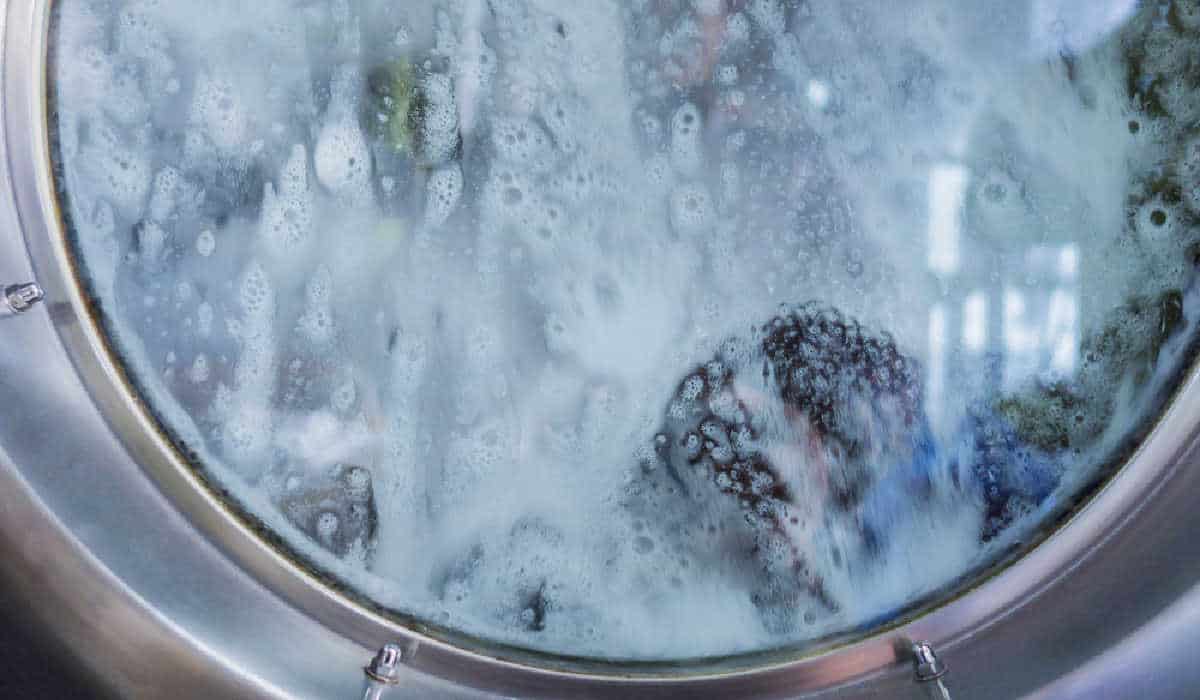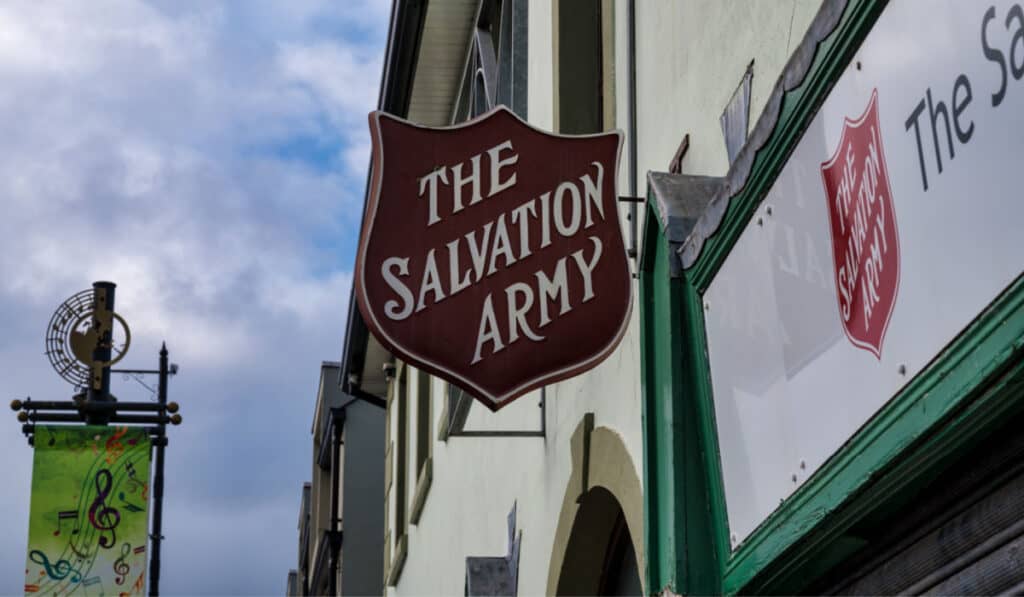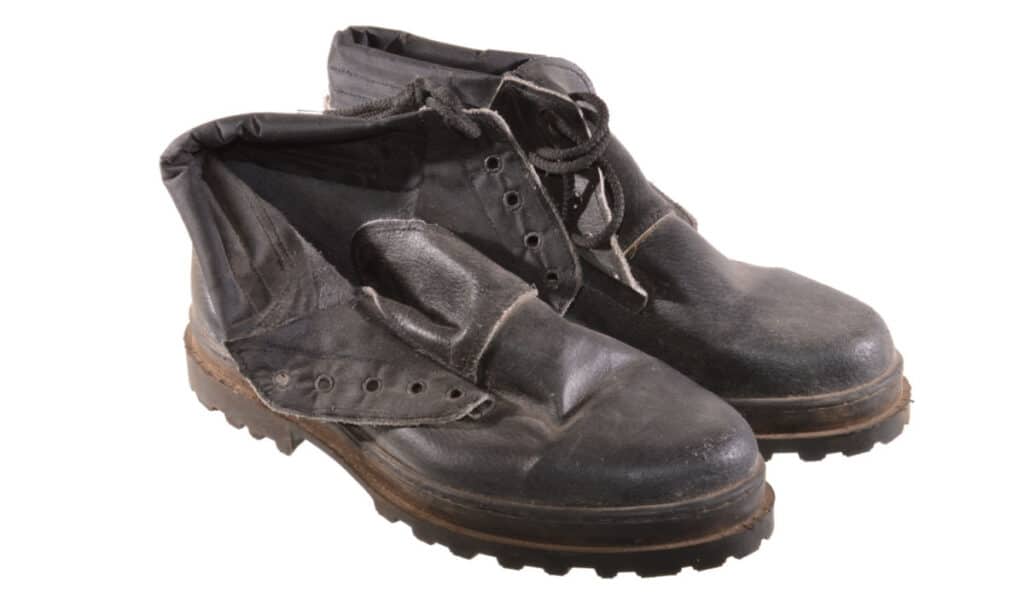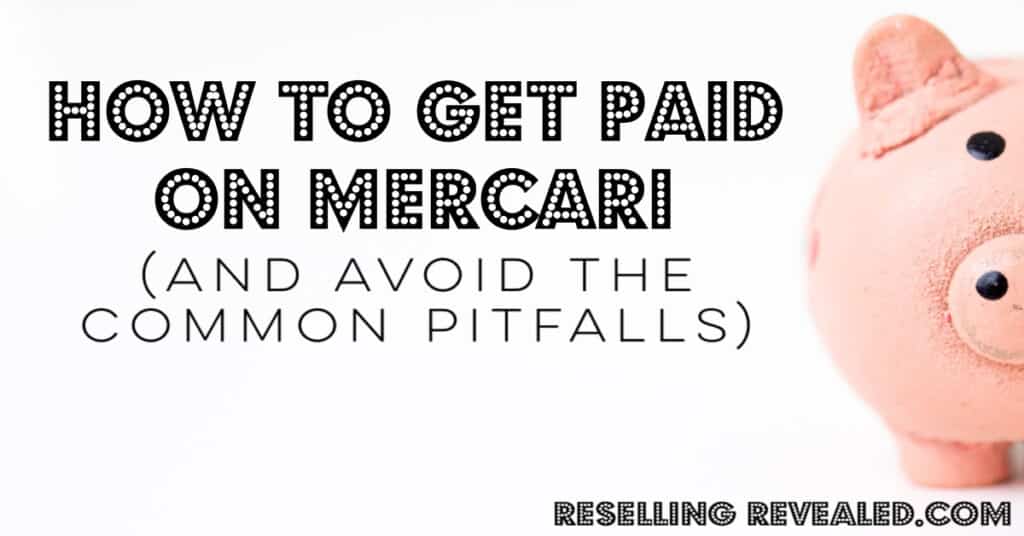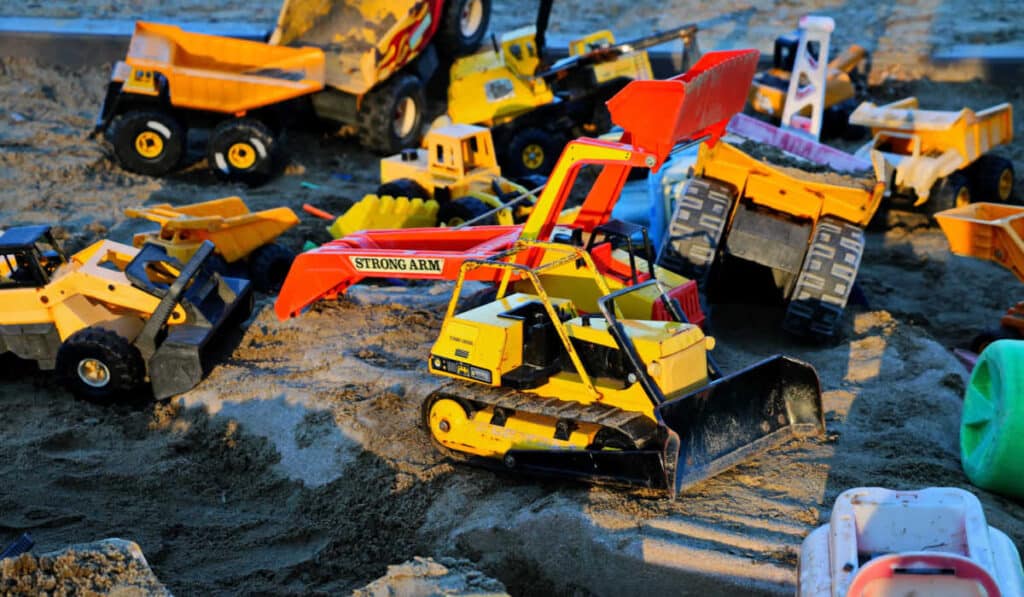As an Amazon Associate I earn from qualifying purchases.
If you’ve ever thought that it seems like there’s a Goodwill store on every corner, you’re not wrong!
There are over 160 Goodwill organizations in the United States, and the chain is constantly growing. The thing that most people don’t realize is that most Goodwill stores either function autonomously or are part of a regional “group” of stores that runs itself.
This means that each store is able to make decisions for itself. However, there are some things that they are unable to change. One of those things that are core to the low-cost business model includes washing (or not washing) the clothes that they put on the rack to sell (yes, washing their clothing sorting and “cleaning” are part of the company-wide policy).
So, as someone who shops at Goodwill regularly, I had to know, are the clothes clean?
Does Goodwill wash dirty donated clothes before selling them? It turns out…they don’t.
Goodwill does not wash clothes but requests donors to wash the clothes they intend to donate. Stained and smelly clothes are never put on sale and are discarded, while visibly stain-free and odor-free clothes are assumed clean and sold.
In this article, we’ll talk about everything there is to know about getting clean clothes from Goodwill, including how to identify if there are unclean items in an outlet’s inventory.
We will also discover why the organization doesn’t wash the clothes it sells and what criteria are used to set the unsellable items apart from the marketable ones.
Why Doesn’t Goodwill Wash Donated Clothes?
Goodwill gets the bulk of its sales based on the low price of its products. By keeping their overhead low (by having volunteers, getting low-cost locations, etc.) Goodwill can afford to sell clothes at the low dollar value that you visit its stores for.
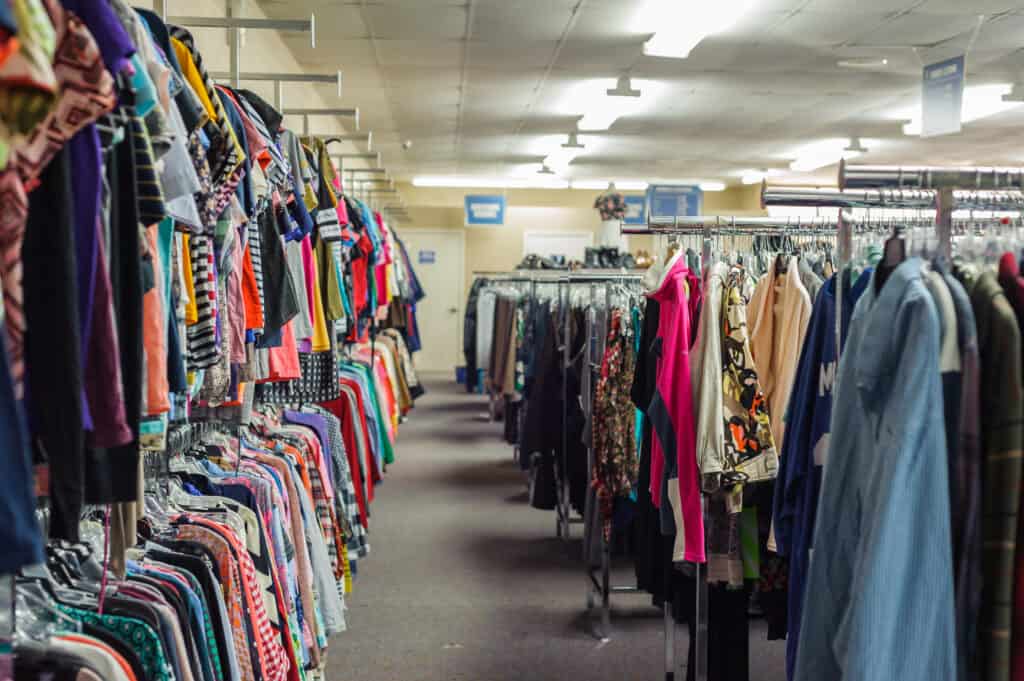
Unfortunately, cleaning clothes requires additional resources, human and otherwise, that can make the cost of clothes go up. It is also not a good deal for you, the buyer.
Suppose you’re charged for a fraction of all the clothes that are washed, but only 10% of the clothes get bought – every customer ends up paying a fraction of the laundry charges of the 90% of clothes that were dumped.
The best policy that works for the customer and the market is that the person donating the clothes washes them. Goodwill clarifies that donors must clean the clothes before giving them to Goodwill. The problem with this request is that there isn’t a way to implement it.
Goodwill cannot stop and inspect each donation box while the donor is waiting. Most donors leave right after dropping off multiple boxes’ worth of clothes. Goodwill employees or volunteers then sort through the donations and separate the ‘marketable’ from the ‘non-marketable’ items.
Are Clothes at Goodwill Dirty?
Clothes at Goodwill are not dirty unless the employees at a specific branch don’t do their job. Usually, clothing articles with visible stains, tears, or even thinning are thrown away. Clothes with odor aren’t washed but aren’t put for sale either.
Goodwill’s physical stores cannot risk making their entire inventory suspect by being short-sighted about including one lousy piece. Even when an item is in good condition, washing it adds to its price value and becomes an expense that the store might not be able to recoup. Such clothes are removed under a stringent marketable-item sorting policy.
Should You Wash the Clothes that You Get From Goodwill?
Going by what gets thrown out from the donations, one can see that unwashed clothes that don’t have an odor or stains can be sold at Goodwill. There is no way for the thrift shop to judge what has been washed or not.
You should wash clothes you get from Goodwill because all odor-free and stain-free unwashed garments are seen as ‘good enough’ by Goodwill to be put on sale. While most donors clean their clothes before giving them to Goodwill, it is better not to take chances.
When shopping at Goodwill, you should avoid purchasing articles that get worn out when washed. Doing so makes room for washing one’s Goodwill haul without ripping, fading, or weakening any fabric.
How to Make Sure You Get Clean Clothes From Goodwill? (4 Best Practices)
Now that you know how Goodwill sorts donations to put odor-free and stain-free articles on its shelves, you have to strategize your shopping to ensure you get clean clothes. The following best practices will help avoid unwashed clothes at a thrift store.
1. Sniff-Test for Laundry Detergent
Sniff-testing is gross when one is looking for odor. But if you’re trying to sniff out laundry detergent, it is practical and doesn’t require you to put your nose on the fabric. You need to be mindful of what you smell when you hold the clothes near your face. If it smells like laundry detergent, it is clean.
2. Avoid Clothes With Perfume or Deodorant Scent
The clothing likely isn’t clean if you can pick up the smell of deodorant or perfume on the fabric. Washing clothes gets rid of the scent. And clothes don’t need to be sprayed with deodorant after they’re washed. Above all, deodorant and perfume can weaken a fabric.
3. Do Not Buy Super Cheap Clothes
When you go Goodwill hunting, you’re looking for a bargain. But don’t try to get a bargain on the bargain. A few thrift stores knowingly put unclean clothes on sale and tag on a large discount to make sure the clothes get sold.
4. Go On Restock Days
Finding out what days and times your Goodwill restocks their shelves is a great way to find clothing that is clean and in good condition before anyone else does. If you’re too late you might just end up with the dregs.
3 Goodwill Clothing Red Flags
The red flags below will allow you to tell when not to shop at a specific Goodwill outlet because of a high chance of dirty clothes being sold there.
1. Bad Reviews
When a goodwill store has negative reviews on Google, you have the opportunity to learn from someone’s bad experience instead of having one yourself. Try to look at the critical reviews of the place and locate any allusions to unclean articles.
2. Staff With a Bad Attitude
Usually, people who work at Goodwill are upbeat and happy. When you find multiple staff members in a mood, the chances are that the management there is big on cutting corners, which raises the odds of unclean clothes being put on sale.
3. Clothes with Stains
If there are clothes with stains in an outlet, all the clothes there must be assumed unclean. You can still shop there, just remember that you’ll need to wash whatever you bring home.
Conclusion: Does Goodwill Wash Clothes Before Selling Them?
Goodwill doesn’t take on the laundry responsibilities for its inventory. If an article is unclean, the organization will throw it away instead of washing it because throwing out donated clothes is cheaper than cleaning them.
To make sure you do not get an unclean article, try to get clothes with a medium or high dollar value and avoid ones that seem to have heavy perfume.

